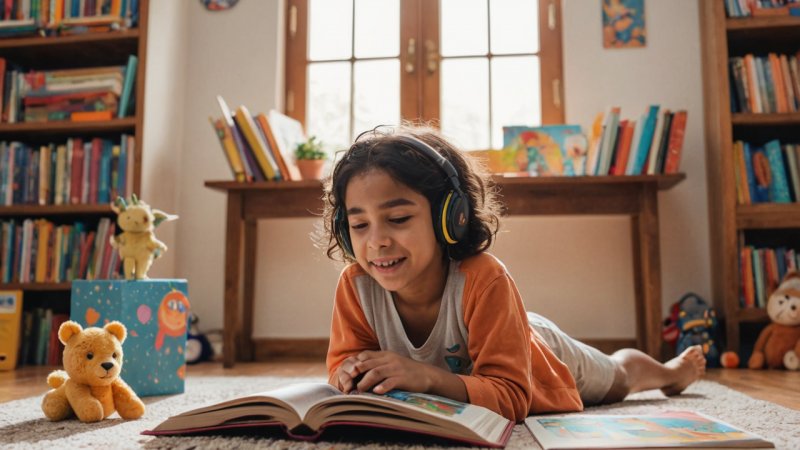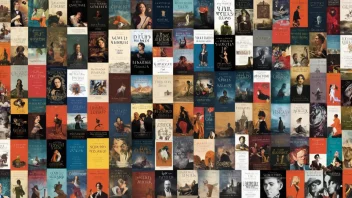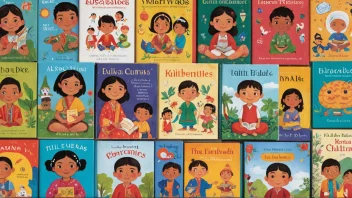Storytelling is an ancient art form that transcends cultures and generations, captivating audiences with its ability to convey lessons, morals, and emotions. For children, storytelling is not just a source of entertainment; it is a vital tool for language acquisition. As they immerse themselves in narratives, children learn new vocabulary, grasp sentence structures, and develop critical thinking skills.
One of the most significant impacts of storytelling on language acquisition is its ability to introduce new words in a context that is relatable and engaging. When children listen to stories, they encounter unfamiliar vocabulary within a narrative framework, which helps them understand the meanings and uses of these words naturally. This context-based learning is more effective than rote memorization, as it provides a deeper understanding and retention of language.
Moreover, storytelling encourages active listening and participation. As children engage with stories, they are prompted to visualize characters, settings, and conflicts, which enhances their comprehension and recall. For instance, when a child hears a phrase like 'the big, brown bear,' they can create a mental image that reinforces the meaning of the words. This visualization aids in language retention and makes learning enjoyable.
Another key aspect of storytelling is its role in fostering creativity and imagination. When children are exposed to various narratives, they learn to construct their own stories, which encourages them to use language expressively. This practice not only builds their vocabulary but also boosts their confidence in using language to convey thoughts and feelings. Encouraging children to tell their own stories allows them to experiment with language in a safe and supportive environment.
Furthermore, stories often reflect cultural values and social norms, providing children with a broader understanding of the world around them. Exposure to diverse narratives helps children appreciate different perspectives and enhances their empathy. This cultural literacy is crucial in today's interconnected world, where understanding and respecting diversity is essential.
Parents and educators can leverage storytelling in various ways to support language acquisition. Reading aloud to children, incorporating storytelling sessions, and encouraging children to share their own stories can create rich language-learning experiences. Activities such as role-playing characters or reenacting scenes can also make storytelling interactive and fun, deepening the learning experience.
In conclusion, storytelling plays a pivotal role in language acquisition for children. Through engagement with narratives, children expand their vocabulary, enhance their listening skills, and develop a creative approach to language. The lessons learned from stories not only contribute to their linguistic development but also prepare them for a world filled with diverse voices and ideas. Fostering a love for storytelling can set the foundation for lifelong language skills and an appreciation for literature.






